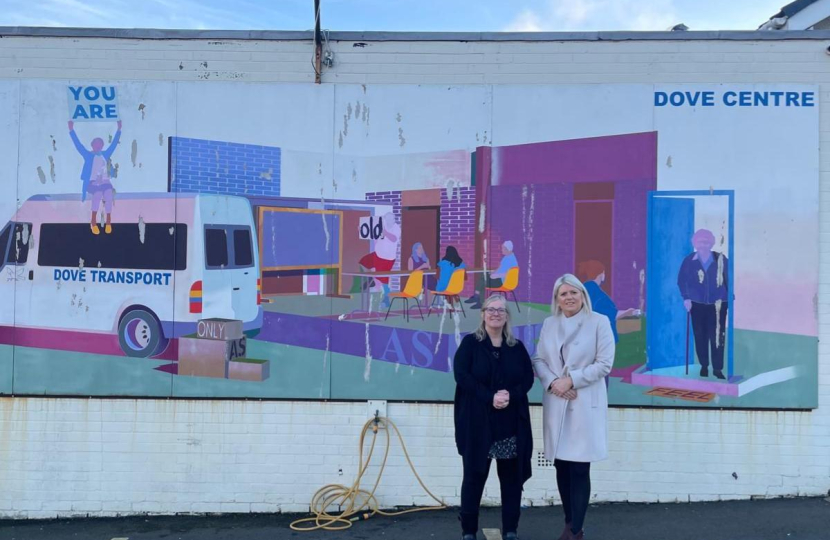
Maybe the SNP is still in a huff about the collapse of its national care service plan, but I was far from alone in being staggered that there was no reference to the financial crisis now engulfing the care sector when finance secretary Shona Robison presented her budget last week.
The implications are clear from the risk register being discussed at next week’s meeting of the Edinburgh Integration Joint Board (EIJB), the benighted organisation which is supposed to coordinate care services across the region from both the councils and NHS Lothian.
The risk that it is unable to deliver its strategic objectives is very high. The chance that NHS Lothian and Edinburgh Council cannot deliver services within available budgets? Very high. The probability that the EIJB does not comply with the necessary legislative and regulatory requirements? Very high.
Red warnings are flashing across the dashboard as the result of a £26 million financial gap this year which the EIJB says it cannot close, and it will get worse next year with a requirement to deliver a further £50m of cuts.
The SNP Scottish Government’s answer was simply to let already under-funded councils get on with it. “It will be for councils to make their own decisions,” said Ms Robison, knowing they must fund above-inflation pay deals her government signed off.
What this means is the reduction or withdrawal of essential services, particularly those provided by charities, as the EIJB prioritises its own functions because reform is more difficult than just cutting third sector grants.
For example, the Dove Centre in Wester Hailes, which supports people over 50 to live independently, is one of 64 organisations losing its grant and now faces a very precarious future, with 14 jobs under threat.
It helps 430 elderly people a week and closure will deny them accessible transport to day services. These four testimonials spell out what that really means:
“We are so reassured my mother-in-law is in safe hands with such friendly and dedicated staff. We cannot rate this highly enough as we have seen her blossom with confidence since joining.”
“We love the fact my mother-in-law has made friends, enjoys attending, has amazing three-course meals and she is well looked after and cared for by all the staff.”
“This is my 92-year-old mother’s only weekly outing for social contact with her peers and she so looks forward to it. She comes back in such high spirits it is wonderful to see. If this was to cease, I would be seriously concerned for her mental health.”
“My grandmother lost her husband, son and daughter all within six months of each other. There have been times where we cannot locate my gran, and with the Centre’s help we always manage to get to where she is. Nothing is ever too much for the staff.”
Multiply this 64 times, and the scale of the crisis becomes clear. If anyone wants to know where the money has gone, there are 7500 more public sector workers than this time last year, yet services continue to deteriorate while vital charities face the wall.
NHS Scotland has record funding but we are staring a catastrophe in the face and blame lies squarely with the party responsible for health and social care for the past 17 years.

